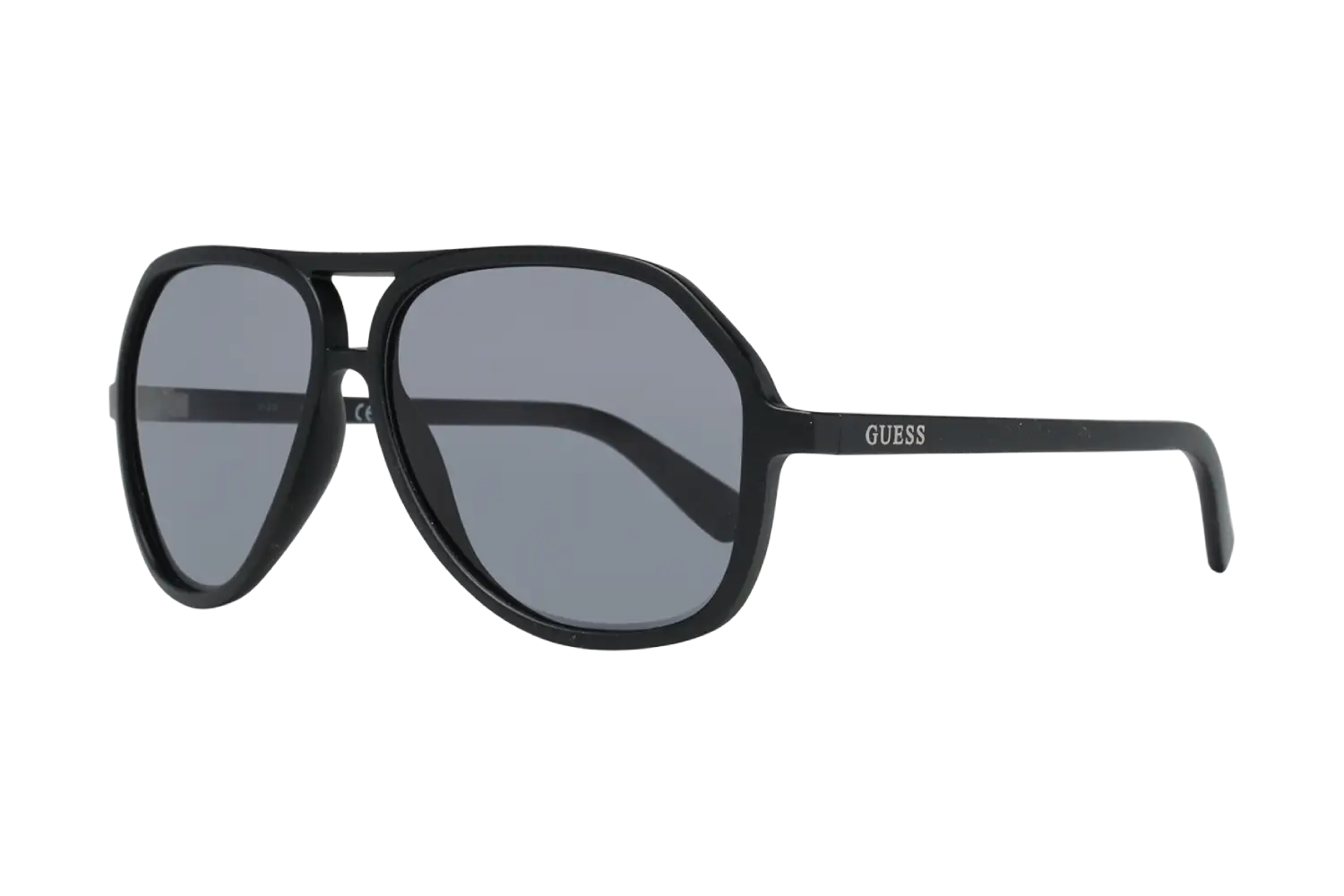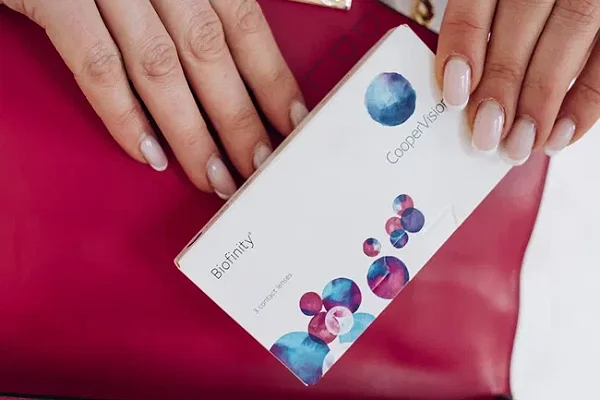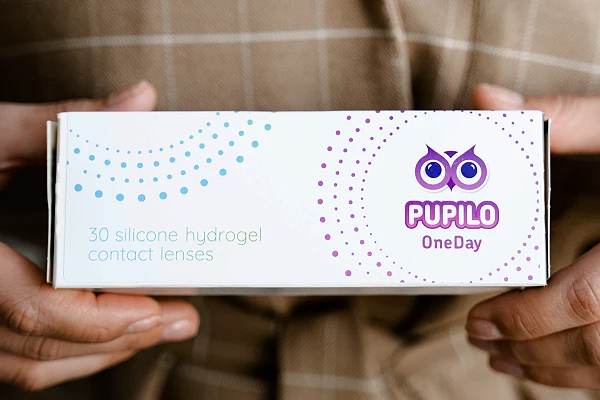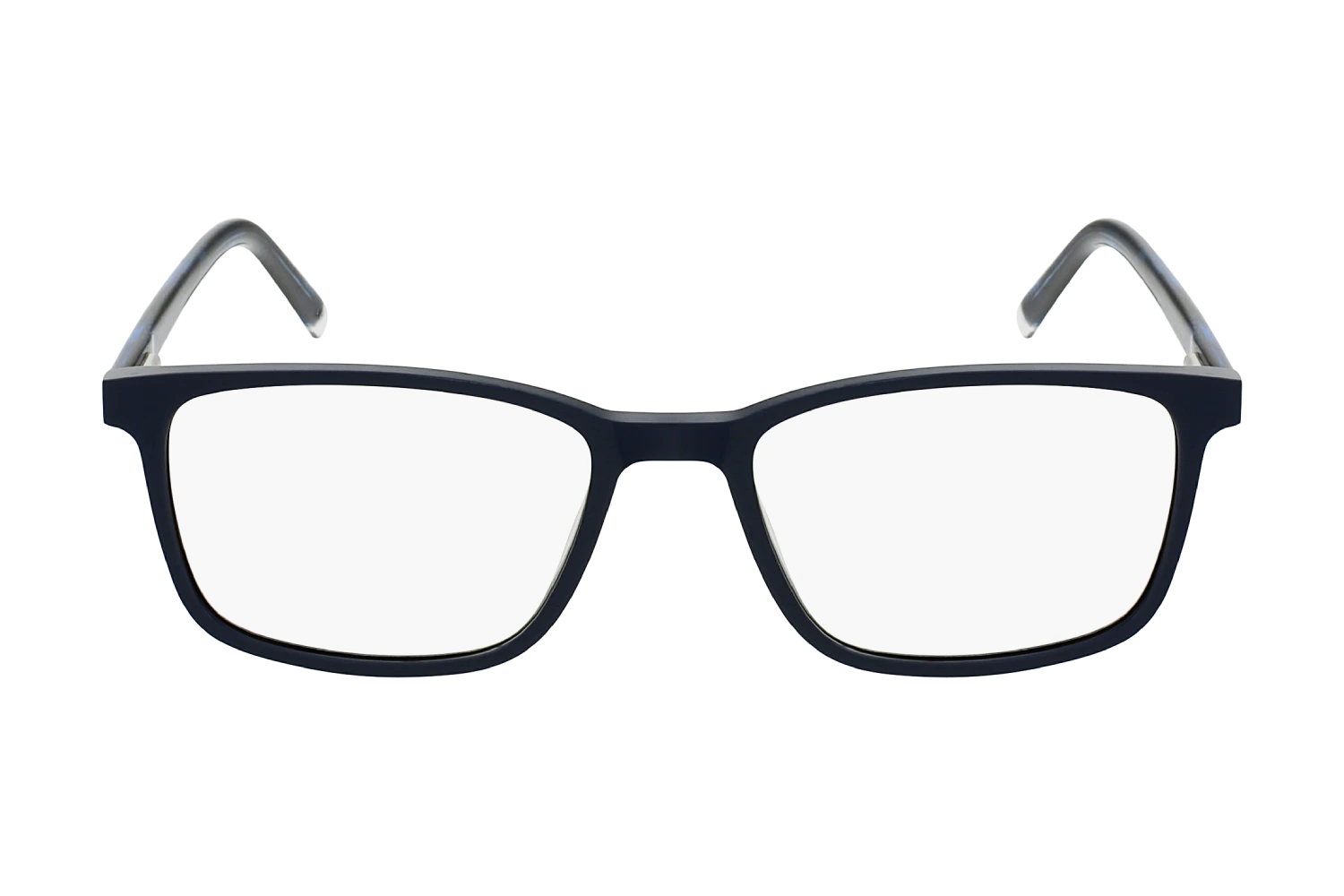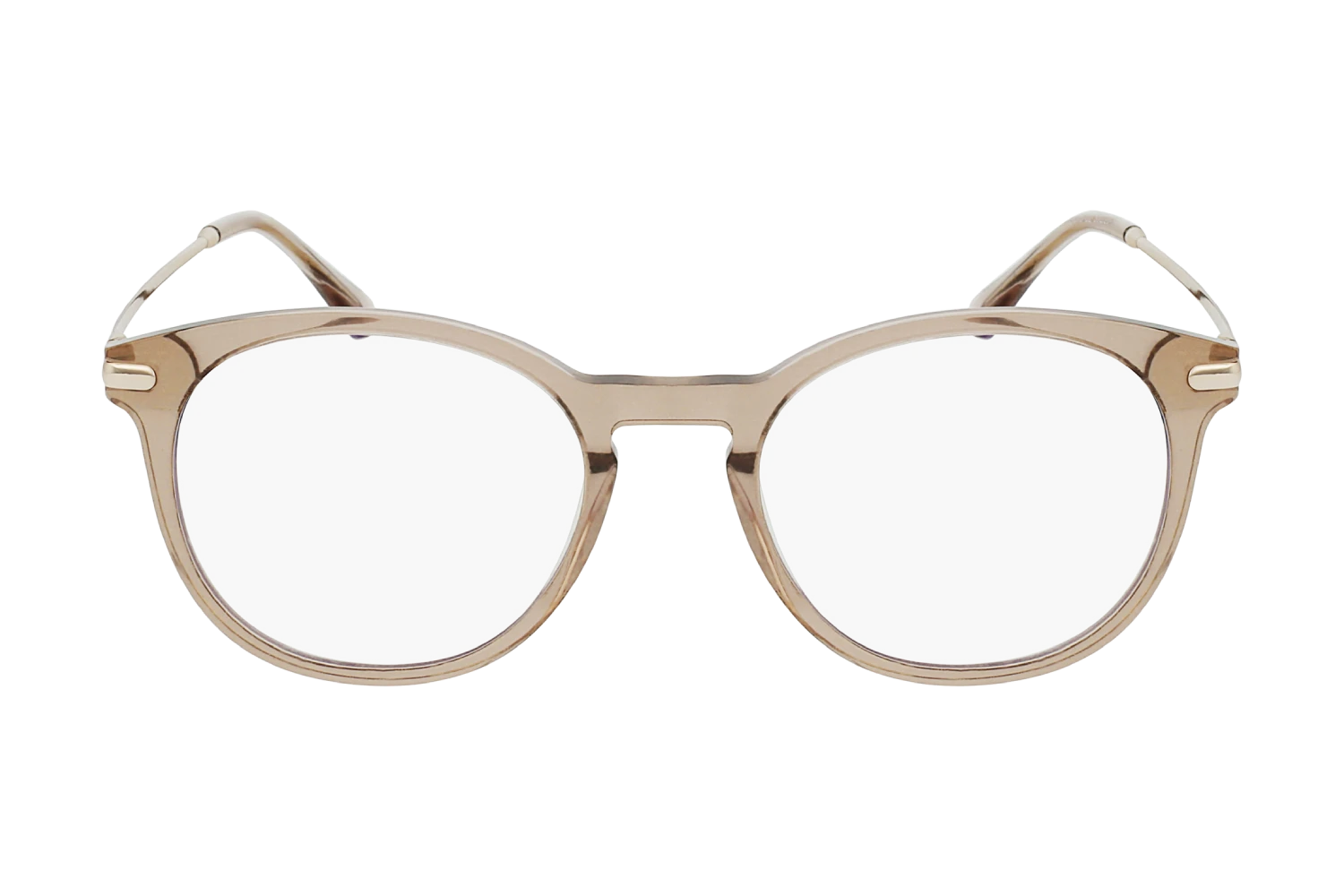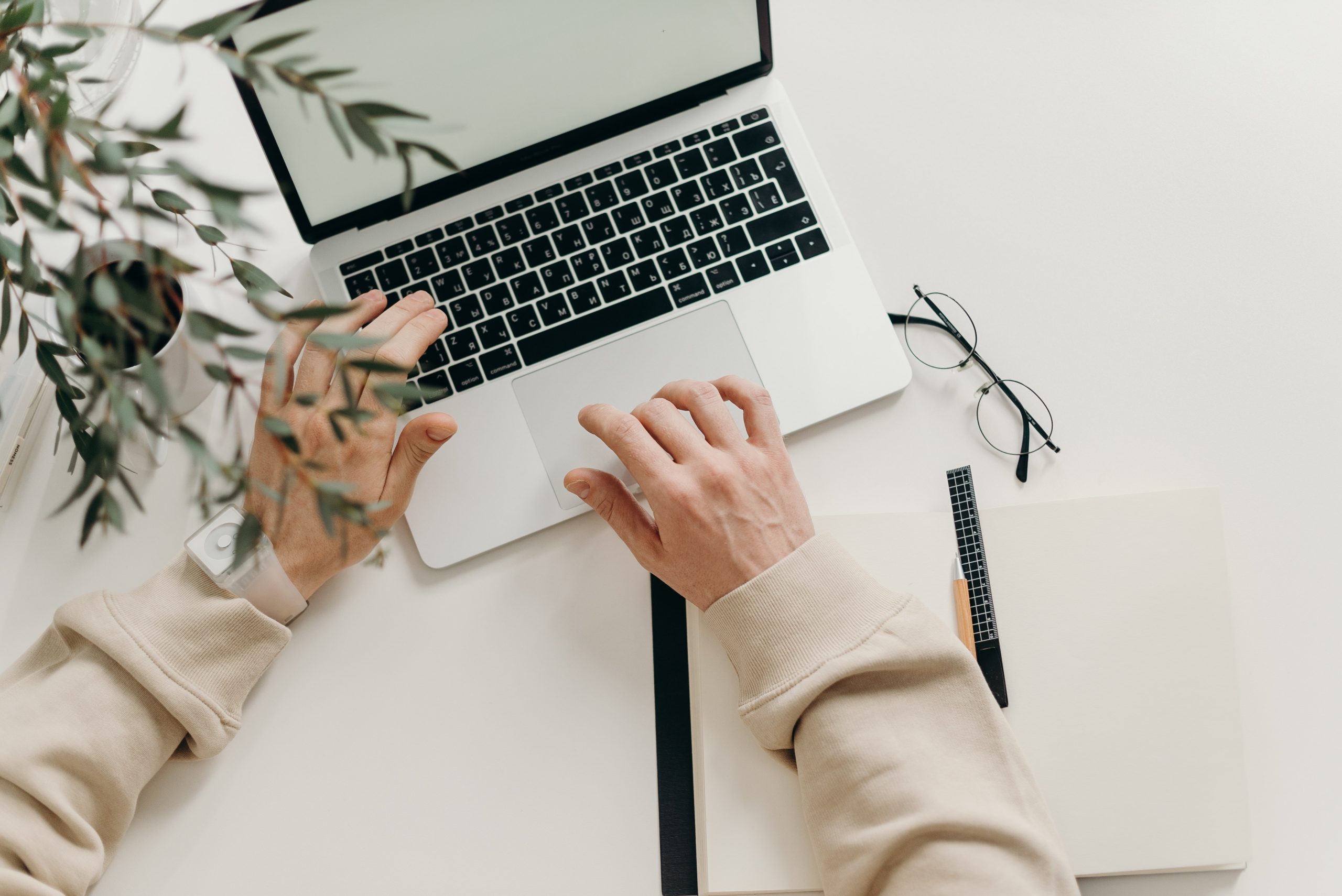Protect your eyes! Blue light blocking glasses.

Digital devices are an integral part of our daily lives. Smartphones, laptops, TVs, etc., are with us from the early morning hours until late in the evening, both at work and in our free time. Most of these devices are designed for short-distance use, which is why our eyes are constantly affected by the blue light coming from the devices.
BLUE RADIATION, WHAT IS IT?
Light is vital in performing many visual functions; it helps a person to see better, it increases visual acuity, contrast and it enables a perception of colors. In addition, it is essential in performing other non-visual functions in the body. For example, light helps regulate wakefulness and sleep time.
Sunlight consists of infrared radiation, visible light, and ultraviolet radiation. The human eye is mainly affected by UV radiation and blue light from the visible light spectrum. We will talk more about the blue part of visible light.
The blue light is in the lower part of the visible light spectrum and ranges from 380 to 450 nm.
Such radiation reaches more firmly into the eye and can damage the retina, which receives information from outside. The amount of blue light varies with time, location, and season. The average amount of blue light on a sunny day is 25% to 35%.
MOST COMMON SYMPTOMS.
In addition to natural blue light, it is emitted by artificially fluorescent lamps and digital devices. Surveys conducted in the United States in 2012 show that more than 34% of people spend four to six hours a day on tablets, smart devices, etc. using. 14% of people use them for 10 to 12 hours a day. It is no wonder, therefore, that more and more people are complaining:
- red and irritated eyes;
- dry eyes;
- blurred vision;
- fatigue;
- back, neck, and shoulder pain;
- headaches.
SOLUTION TO THE PROBLEM – BLUE LIGHT BLOCKING GLASSES.
Plastic glasses with a blue-light-blocking material look like normal transparent glasses. However, they help neutralize the blue light from LCD and LED screens, making the reflection of the glasses barely purple-blue. The glasses are toned slightly yellow-brown so that it is more comfortable to look at, for example, smartphones, etc., immediately reducing brightness and strain on the eyes. Blue light protection offers more comfortable and freer viewing and better contrast perception when using digital devices on a daily basis.
WHO ARE SUITABLE FOR BLUE LIGHT GLASSES?
Blue light protection glasses are suitable for people who constantly work behind smartphones, tablets, and other screens. In addition, the cover also softens the vision of people working in artificial lightings, such as shopping malls. Blue light blocking glasses do not always have to be made with strengths. Glasses with 0 strength can also be made for people whose vision is good both near and far.
BLUE LIGHT BLOCKING GLASSES NOW IN PUPILO
Pupilo now sells blue-light-blocking glasses that are also suitable for everyday use. As an added value, it is possible to order glasses much cheaper than from opticians. Our blue light glasses can be found here: Pupilo blue light glasses.
Pupilo now sells blue-light-blocking glasses that are also suitable for everyday use.
USER EXPERIENCE
“Although my eyes are healthy and I can see both far and near well, there were often days when my eyes were pretty tired by the end of the evening. It was quite common to constantly use different screens throughout the day (laptop, monitor, phone, tablet, and TV), so by the end of the evening, my eyes were red, even when I had used moisturizing eye drops.
If, at first, I needed to get used to wearing glasses at all when I got to the office (I’ve never worn glasses before), then after a few weeks of reminding me, it became a habit, and now my eyes thank me. There was no longer the feeling in the evenings that my eyes had been properly loaded while looking at some screens all day. In my opinion, our eyes are such a valuable asset, and everyone should make that investment. And why not use them even if you don’t have to wear glasses in practice !? I believe that this could avoid so many eye problems that would otherwise plague us. 🙂 “





